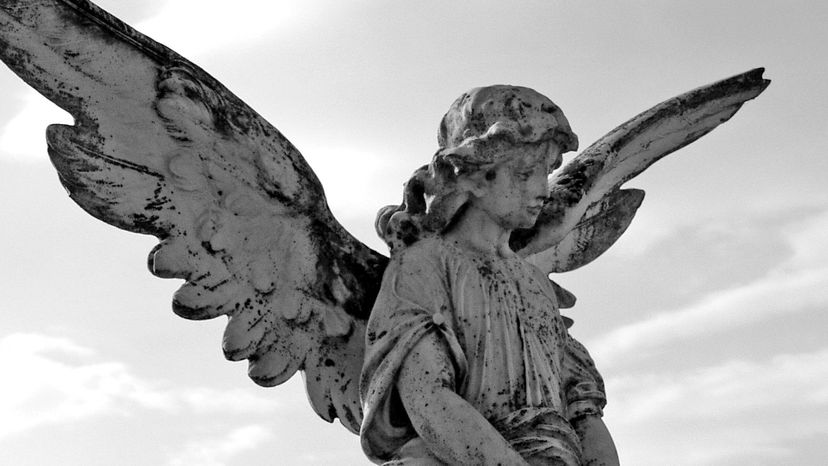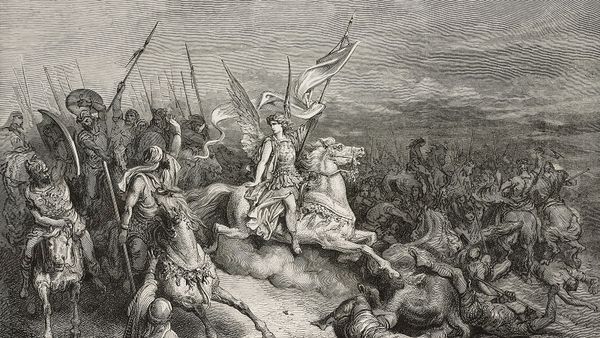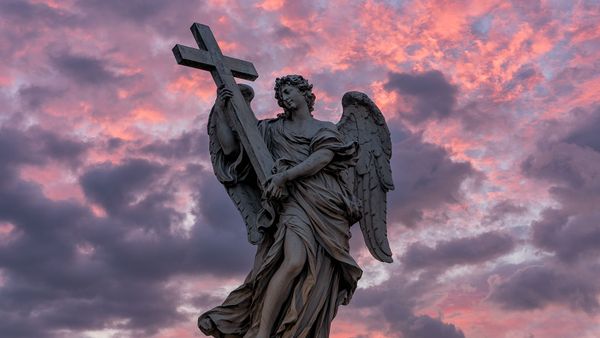
We may be able to speak directly to God through prayer, but according to the Bible, he reaches us through a variety of angels, each with distinct duties. There are nine types or choirs of angels within three major groups. These groupings were established by a fifth-century Catholic monk commonly known as Pseudo-Dionysius. Regardless of where they are on the hierarchy, angels, like us, are individuals.
Unlike us, because they are able to see far beyond a mortal timeline, they are extremely patient and forgiving. They are aware of our personal life goals and are assigned to assist us, but never interfere with our free will. Learn more about angel hierarchy and nine types of angels to know.
Advertisement


